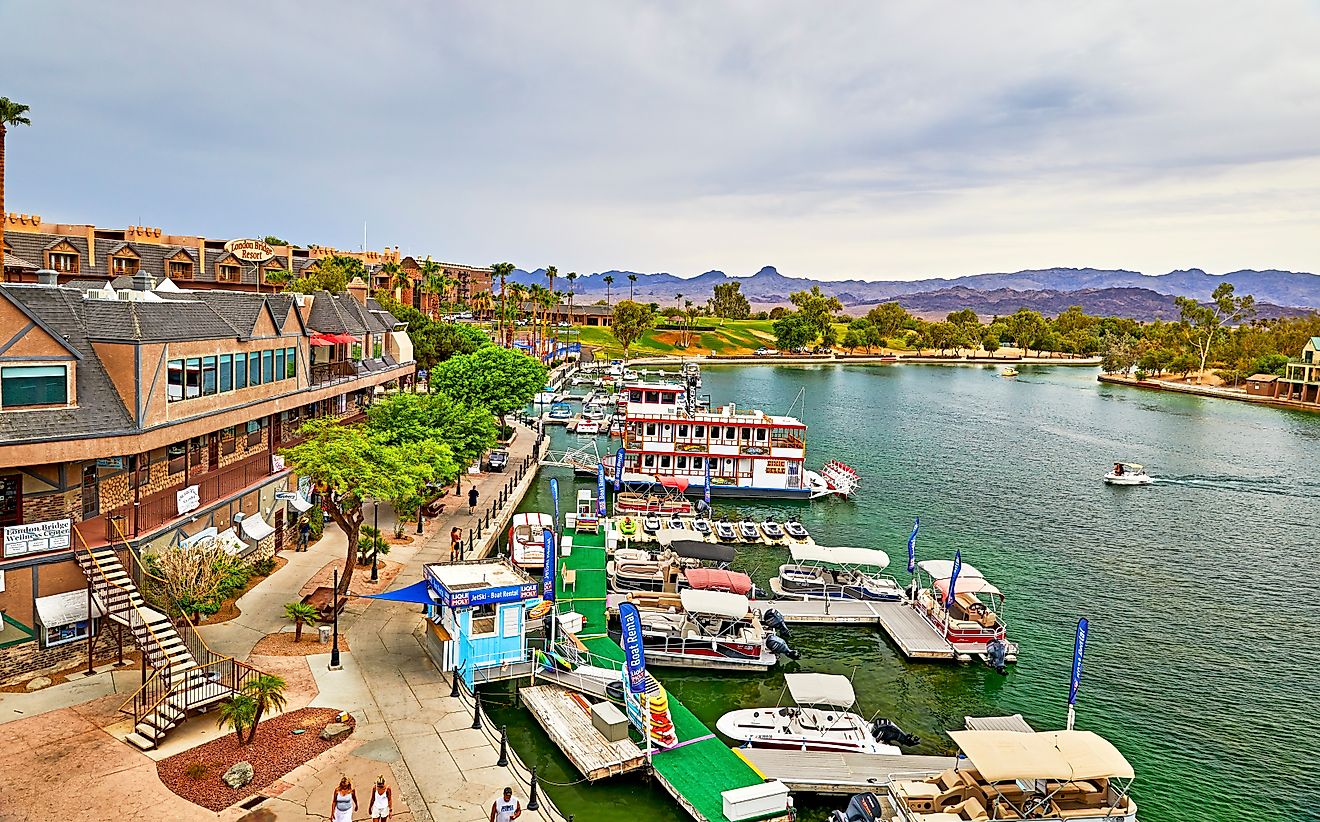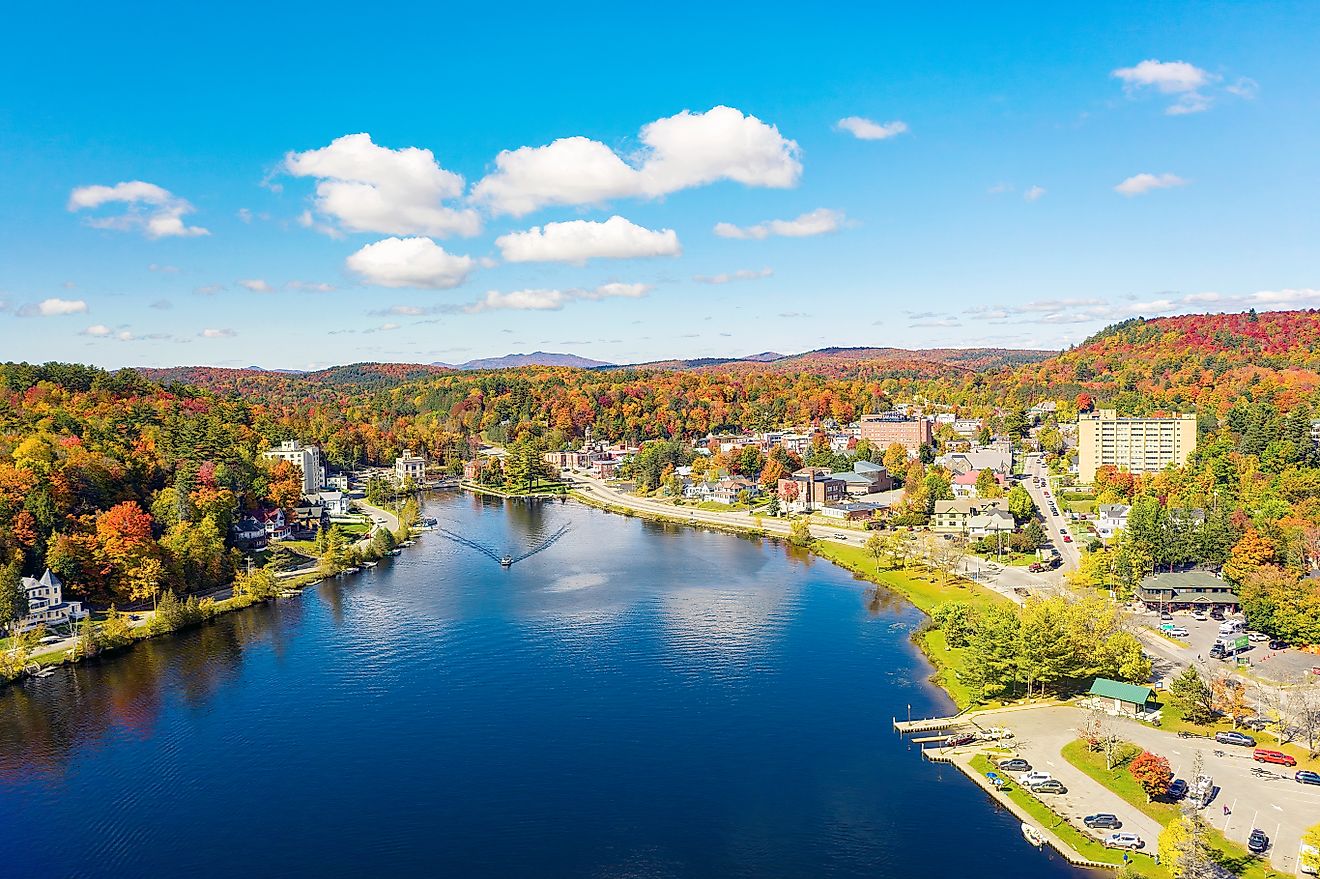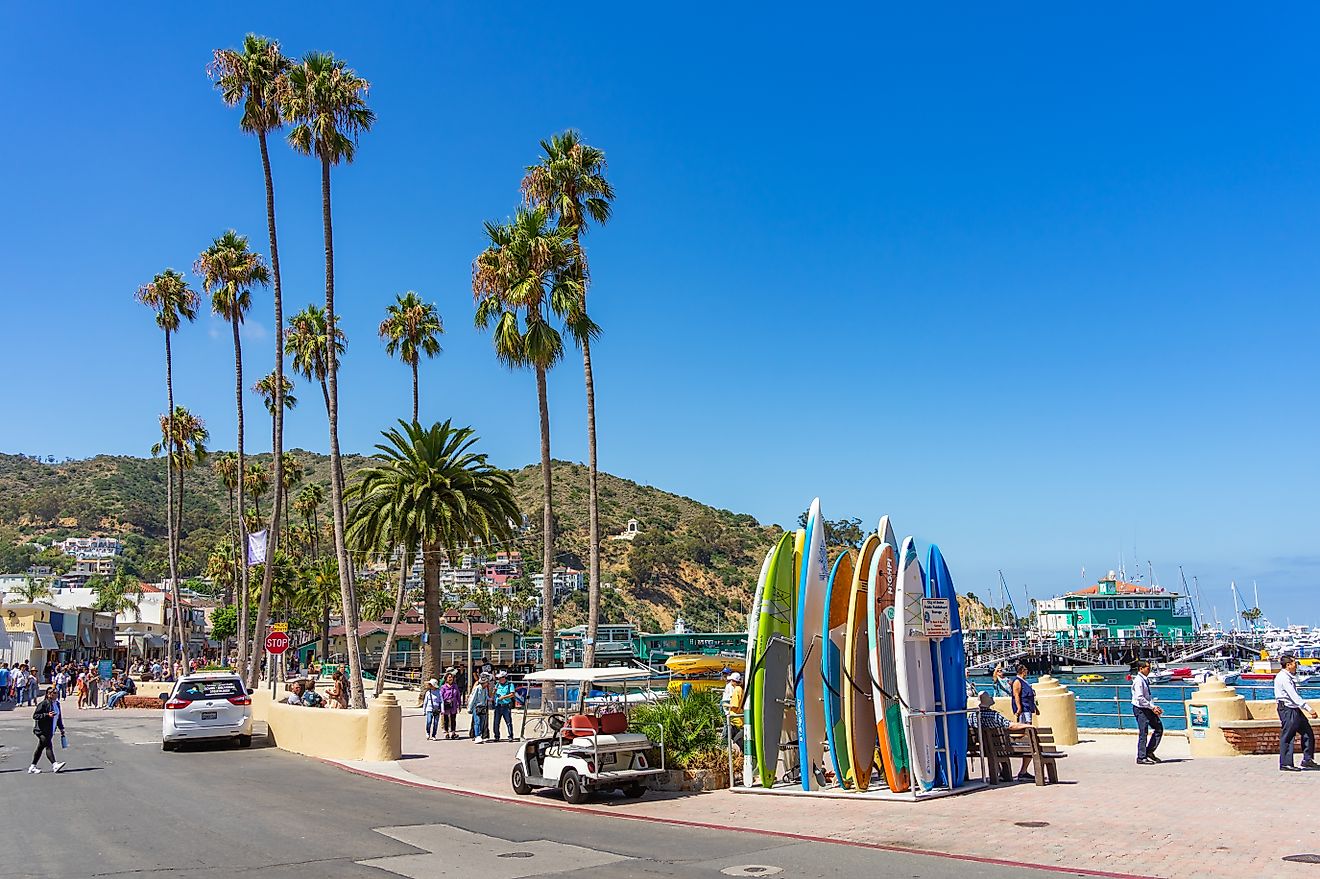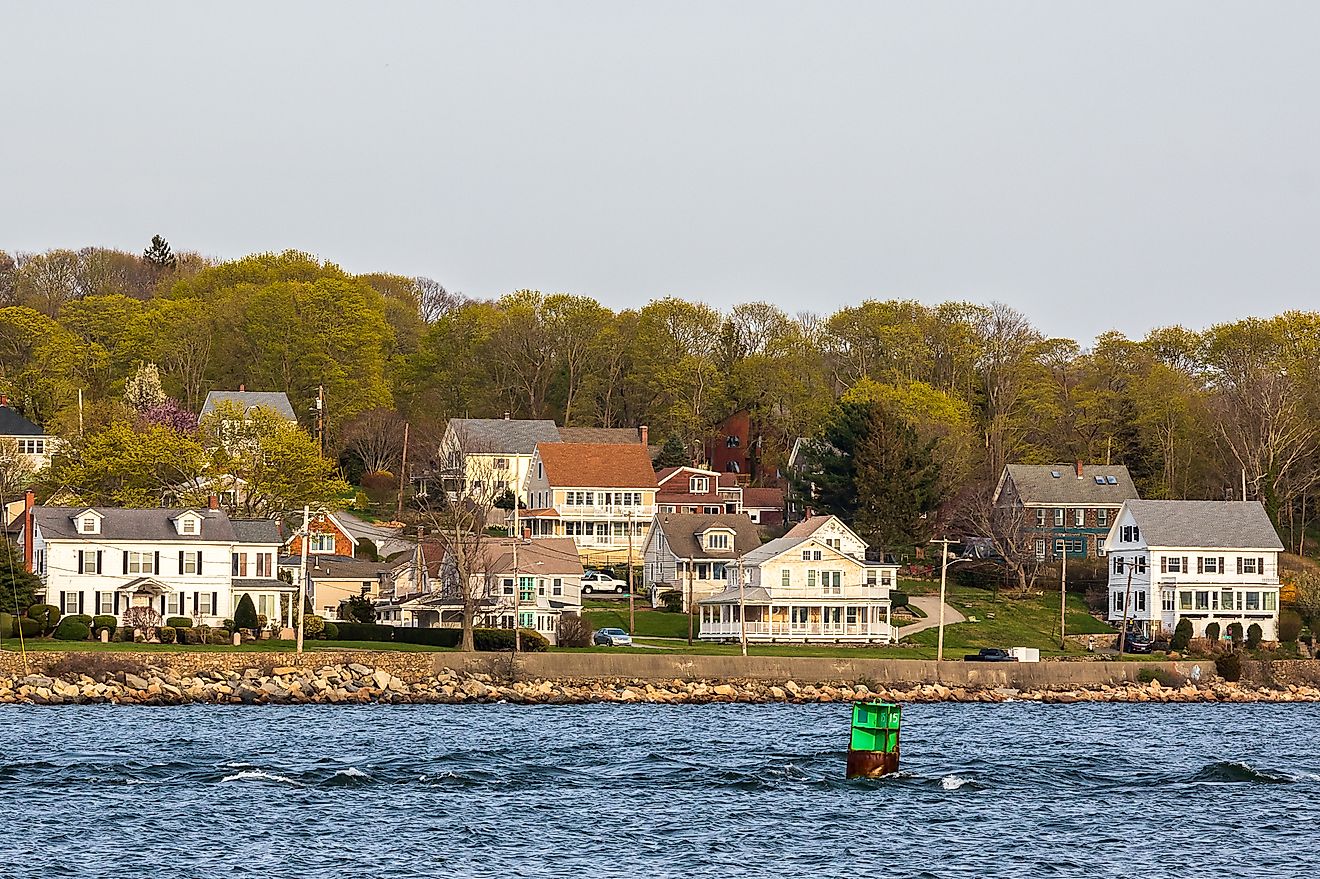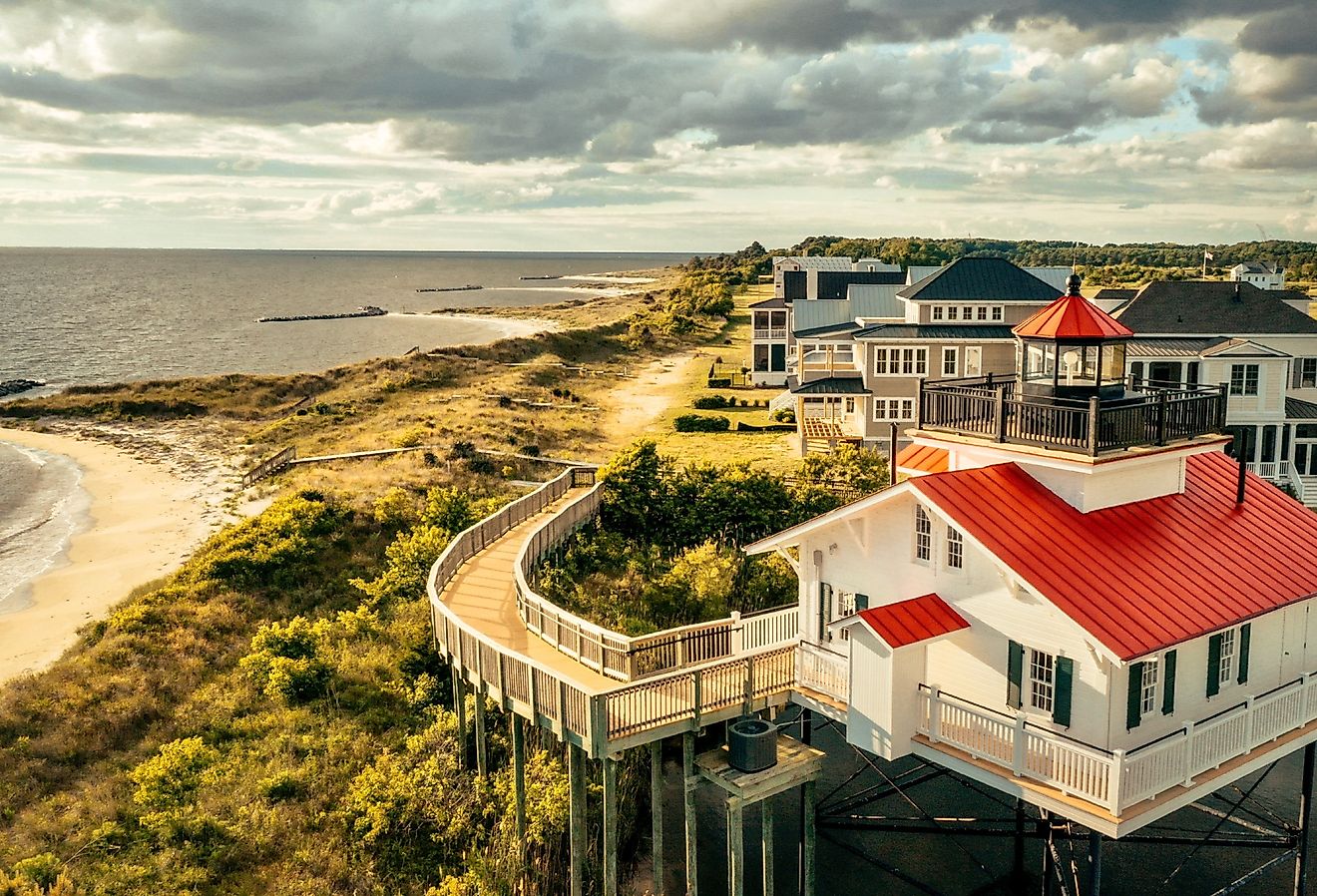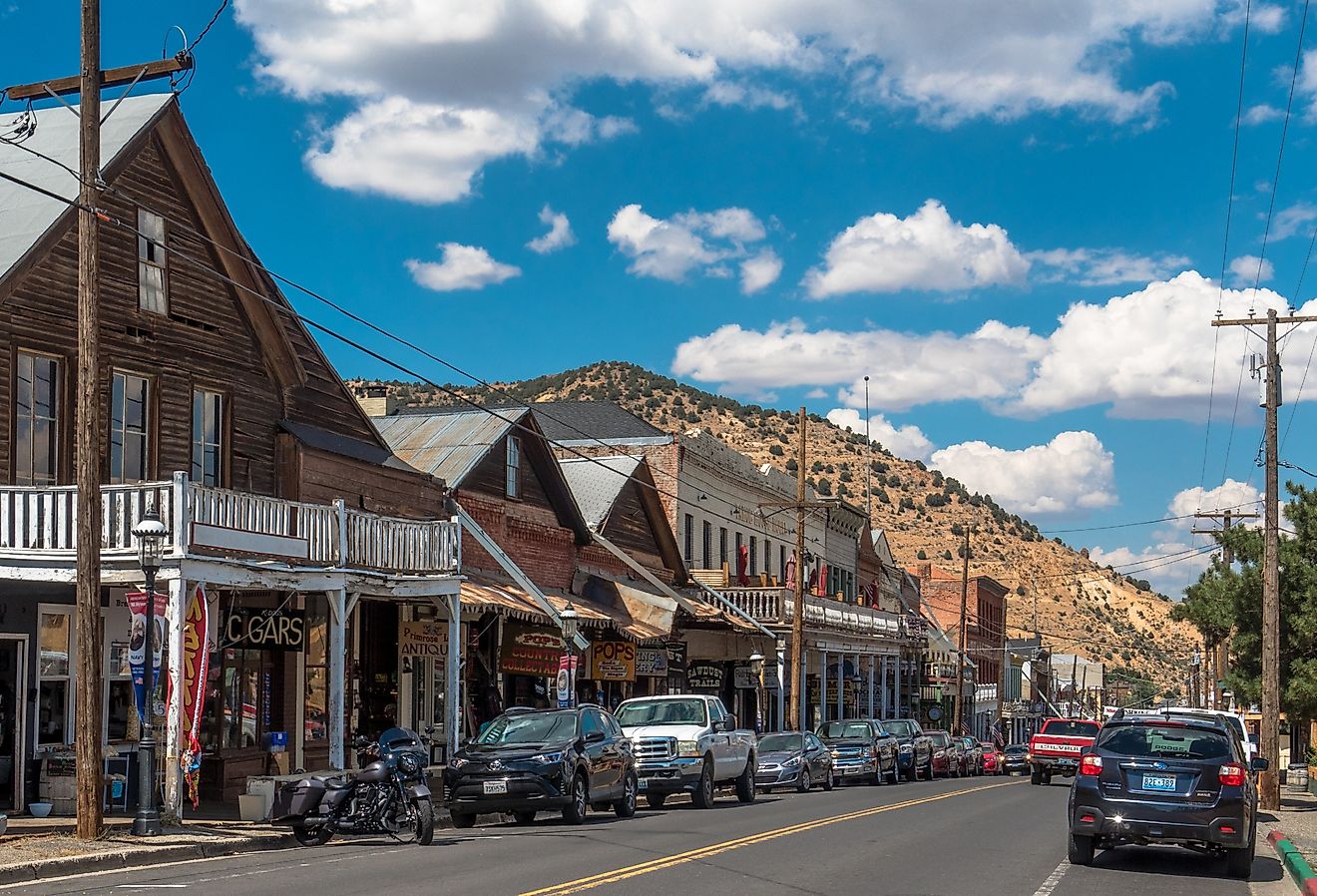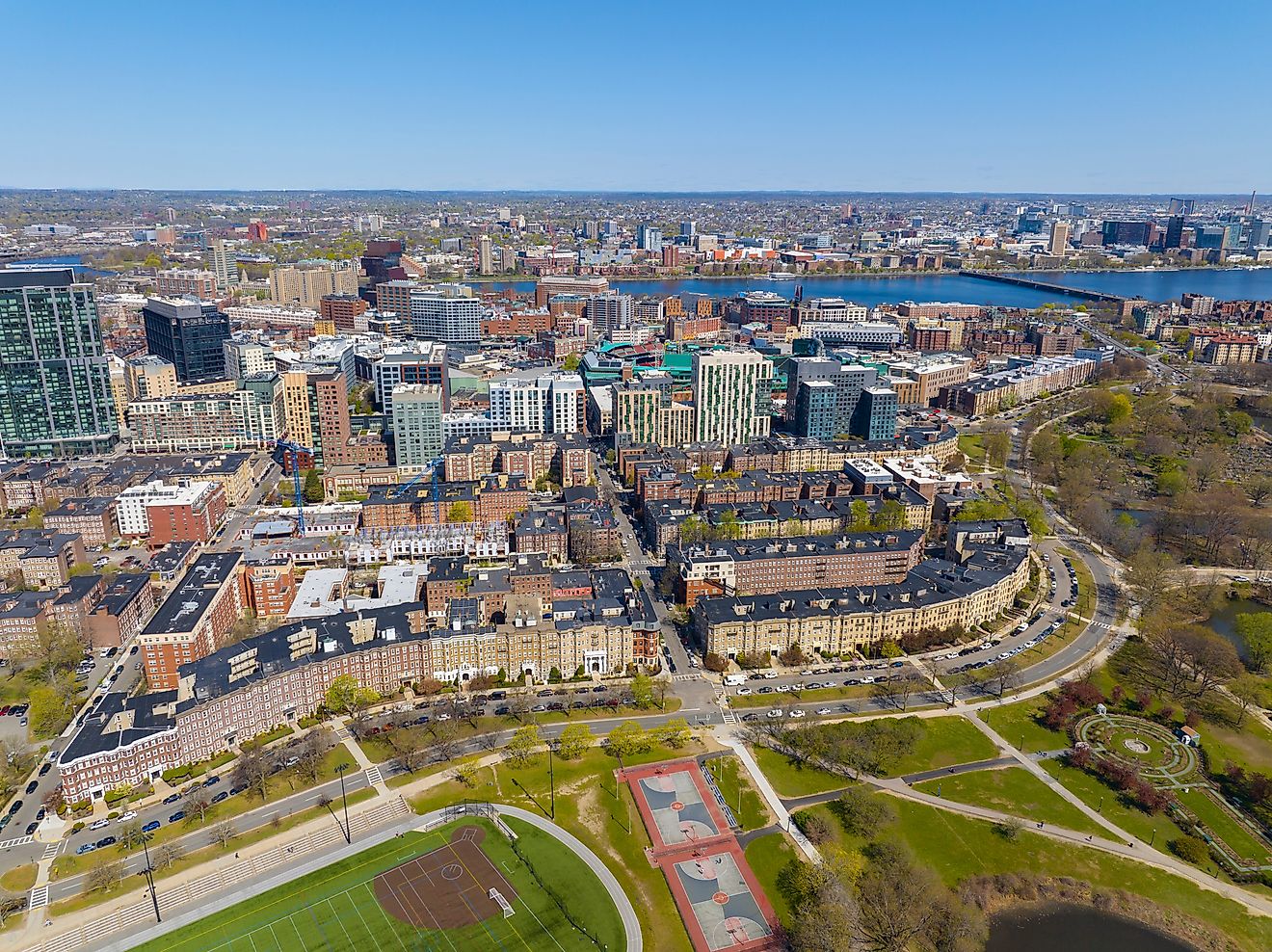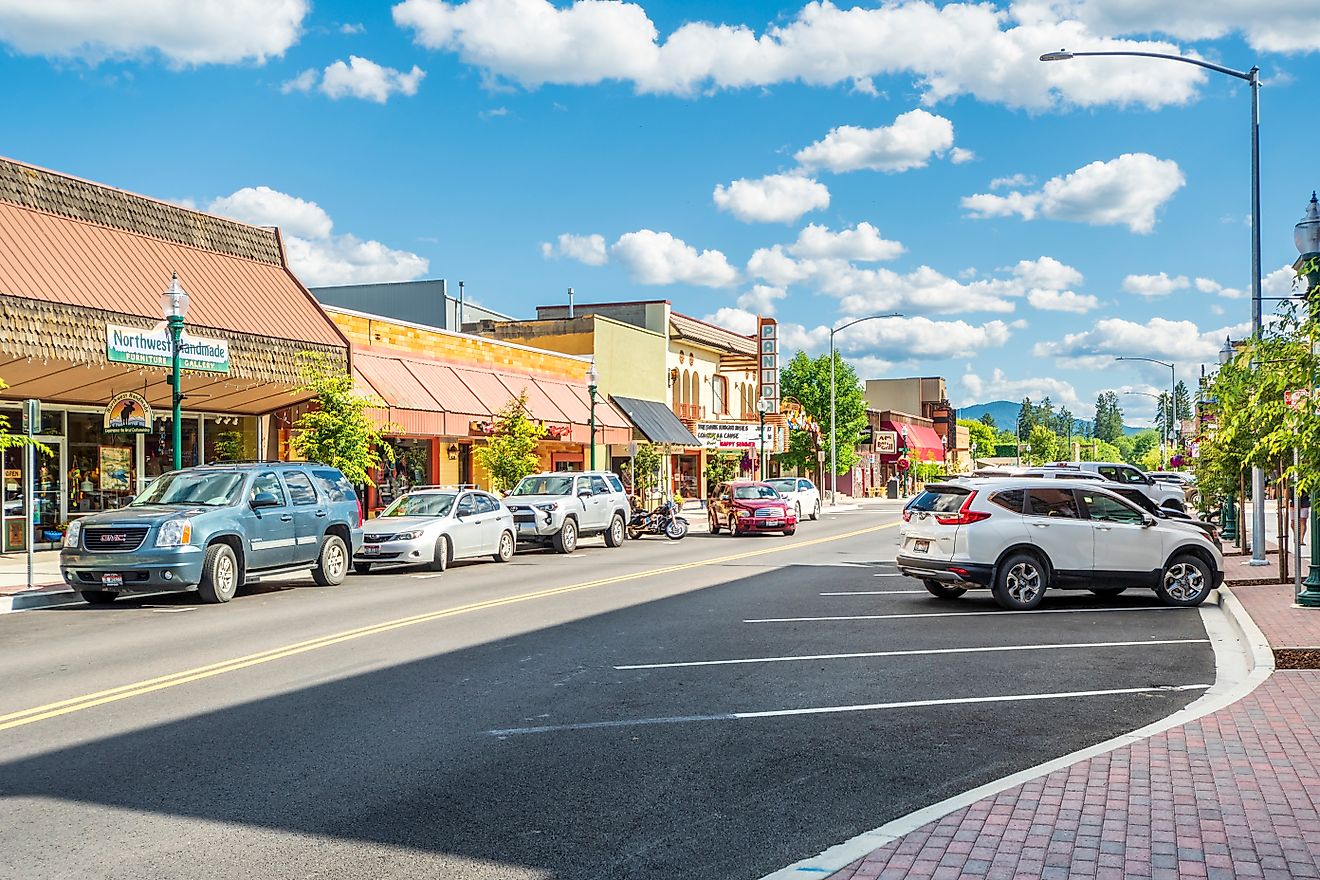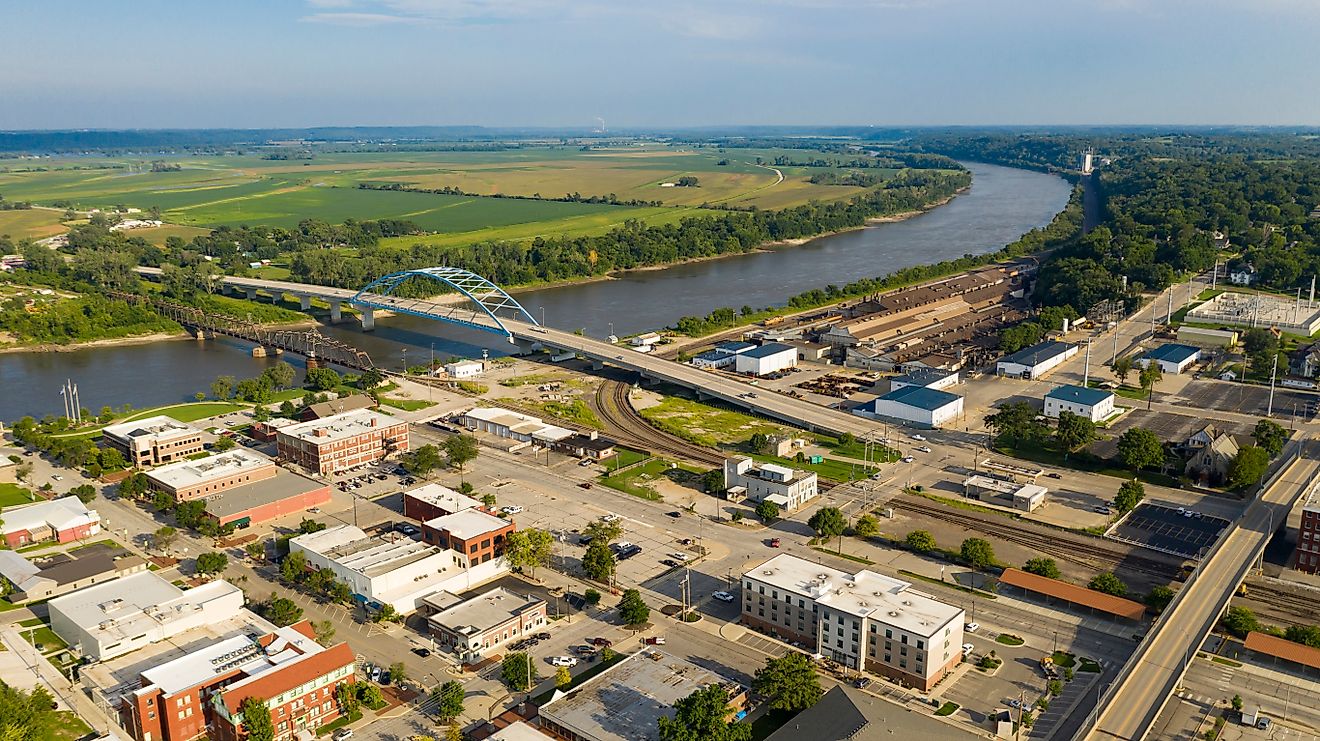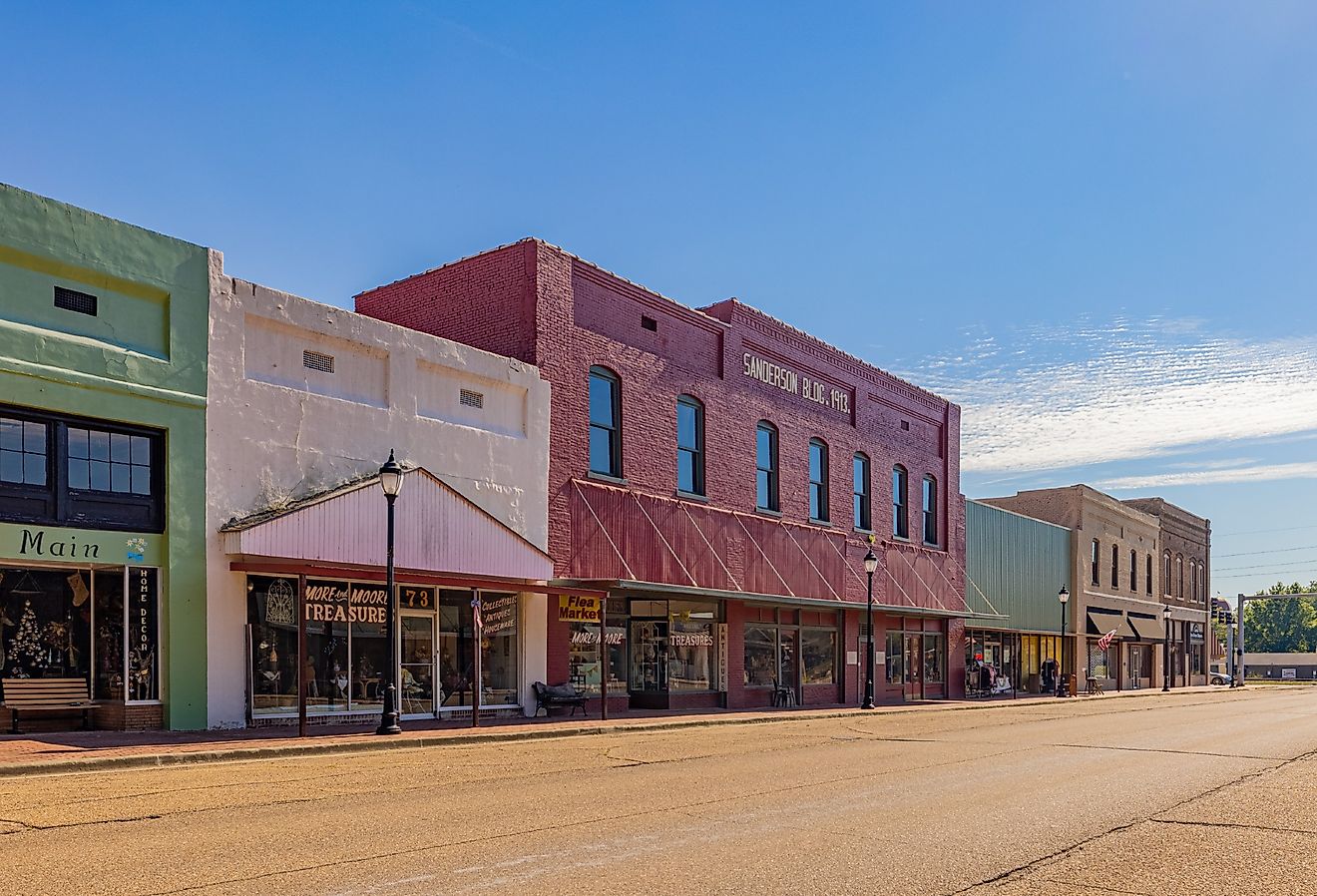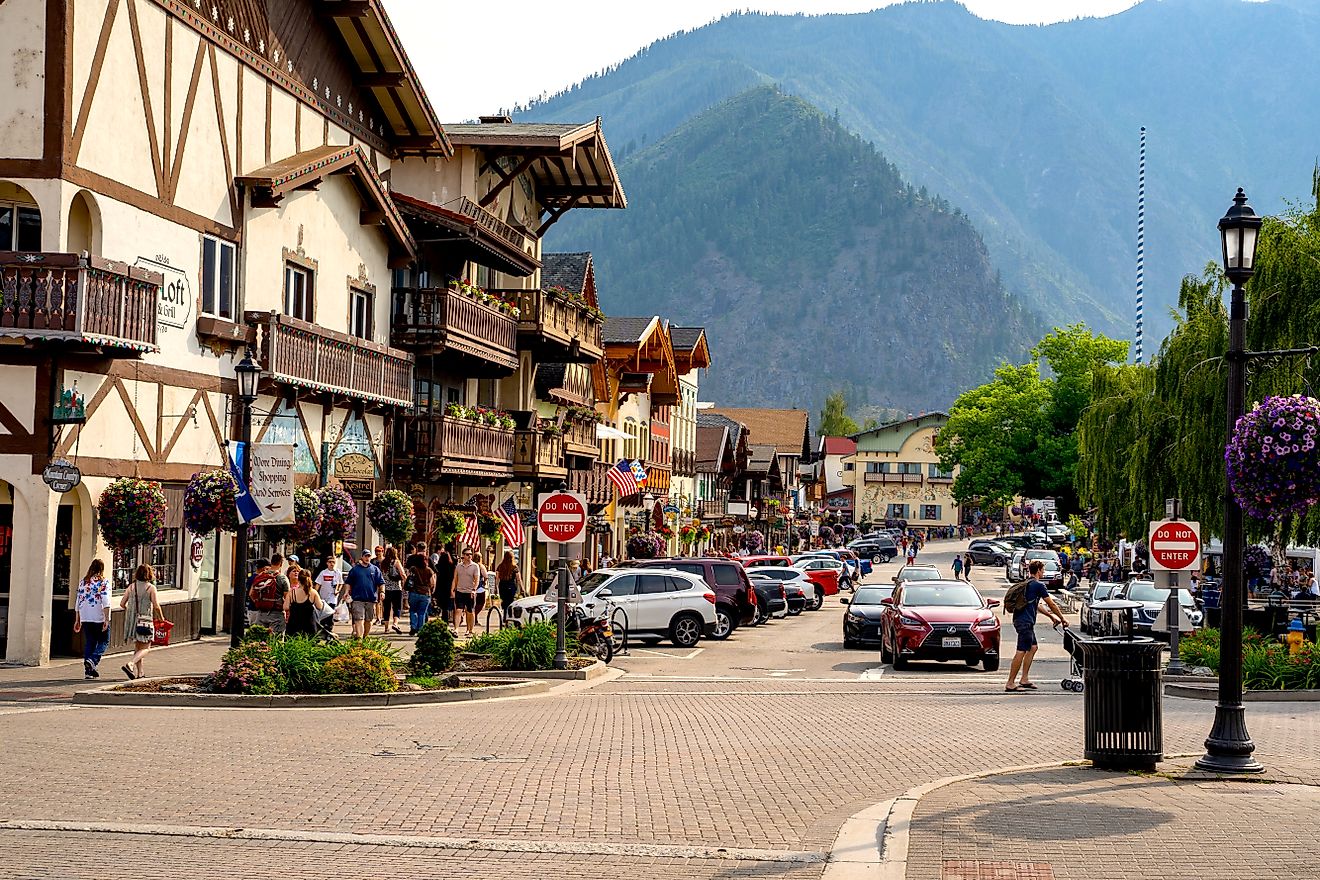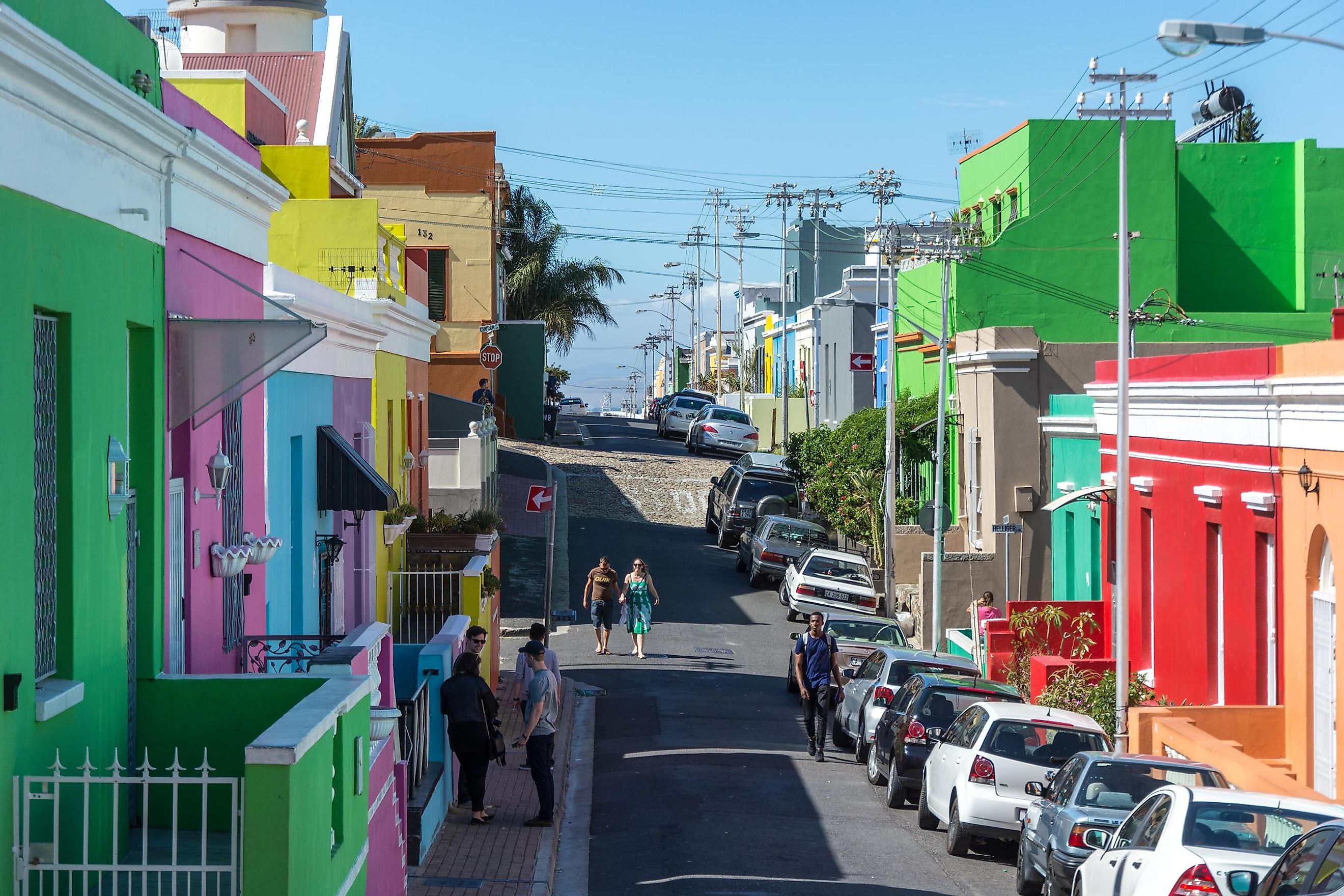
7 Most Beautiful Places in South Africa
South Africa is a land brimming with a cornucopia of cultures and biodiversity unique to the region. Many beautiful places in South Africa will absolutely captivate and amaze travelers. Much of the beauty stems not only from the lush and dynamic African terrain but also from the cultural and historical values steeped in South Africa’s tumultuous past. Visitors can revel in the unspoiled safaris of Kruger National Park and the Valley of Desolation and get close to the Big Five. Likewise, visitors may be astounded by the historical significance and complex history of cities like Cape Town and Johannesburg. Since South Africa is near the Cradle of Humankind, where some of the earliest human ancestors have been found, it is always a treat to explore this region that holds such significance for human history.
Kruger National Park
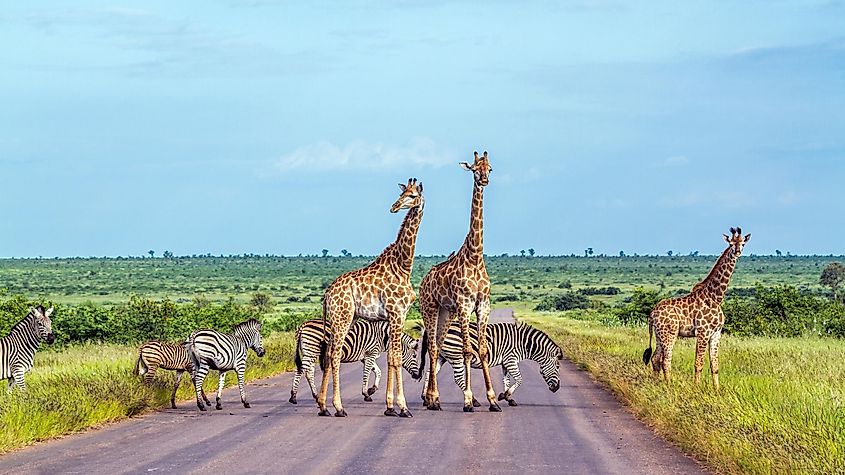
The most iconic and defining features of the wild African landscape are the Big Five—lions, leopards, rhinos, elephants, and buffalos. Kruger National Park, situated in the northeastern part of South Africa, is one of the most accessible and largest preserves for these fabled mammals. Visitors from every corner of the world can take self-drive or classic safaris through the 7,523 square miles of untainted African savannahs and grasslands.

Venture through the Sabie River bushveld between Skukuza and Lower Sabie for sights of elusive leopards. Trek across the Olifants River and Letaba Region to see the majestic tread of African elephants. You might even stumble upon a grand migration of buffalo, zebra, or nyala antelope herds in the Shingwedzi flood plains or near the Luvuvhu River. For those preferring to lounge and relax, the romantic and premier safari packages offer ample accommodations in the surrounding wilderness.
The Valley of Desolation
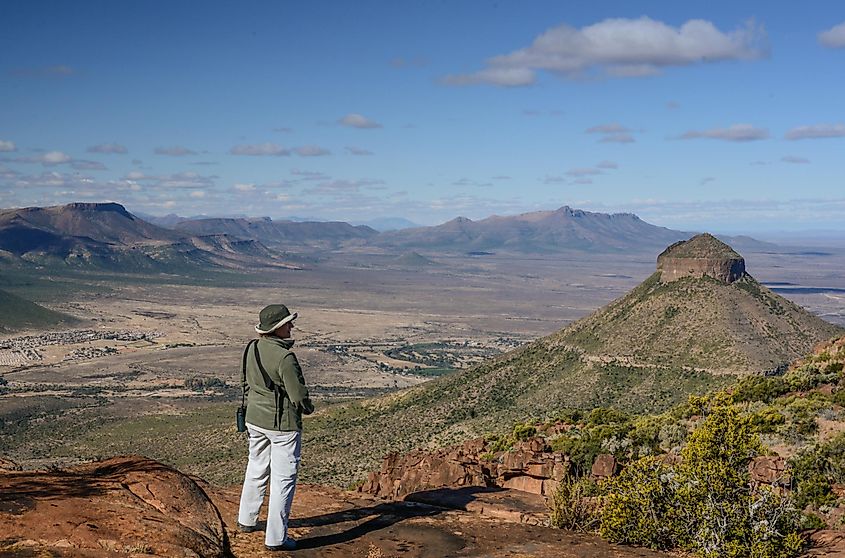
Do not be dissuaded by an ominous title like "The Valley of Desolation." This area in Camdeboo National Park near the town of Graaff-Reinet is a dynamically lush and breathtaking landscape. Awesome cliffs and uniquely sculpted Dolerite columns, adorned with shrubs, are home to exotic animals like the Cape Mountain zebra, kudu, buffalo, the black eagle, and the Kori bustard—the heaviest flying bird in the world. These great stones rise 120 meters from the valley floor and offer travelers an ageless view of the vast plains of the Camdeboo. In Camdeboo National Park itself, visitors can enjoy activities such as fishing and trekking. In the town of Graaff-Reinet, visitors can learn about the area’s history at the Bushman Heritage Museum, explore Historical Guest Farms, and visit the site of an Anglo-Boer War battlefield in the Mount Camdeboo Private Game Reserve.
Blyde River Canyon

The magnificent Blyde River Canyon lies in the imposing region of Mpumalanga. As the third-largest canyon in the world, the park—also known as the Motlatse Canyon Provincial Nature Reserve—is the largest “green” canyon due to the abundant subtropical foliage blanketing its dolomite and sandstone cliffsides. Located just 70 kilometers away from Kruger National Park and spanning 26 kilometers in length, the Blyde River Canyon forms part of the Greater Drakensberg escarpment and features the Panorama Route.
Among the many natural wonders of this park are Bourke's Luck Potholes, the Three Rondavels, Pinnacle Rock, the Lowveld plains, and God's Window. Among the menagerie of unique animals inhabiting the area along the snaking Blyde River are klipspringers, grey rhebucks, oribis, and Taita falcons. For adventurers who want to see South Africa’s lush and vibrant side in the Drakensberg Mountains, the Blyde River Canyon is the right place to explore.
Cape Town

Cape Town, a port city in South Africa, has been central to much of the country's, and indeed the continent's, history. In the 1600s, the Dutch East India Company established a refreshment station in Table Bay, facilitating easier passage via the Cape of Good Hope. Nearby Robben Island, where Nelson Mandela and many of South Africa's most prominent anti-Apartheid figures were incarcerated, now serves as a living museum dedicated to the Apartheid era. The Bo-Kaap area offers insights into Cape Town's turbulent history of slavery and colonialism.
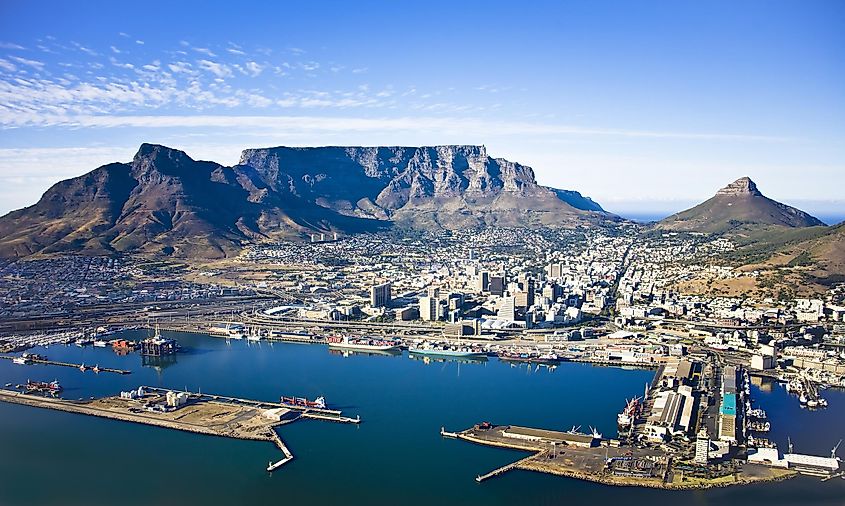
The imposing Table Mountain, with cable cars ascending from the city to the peak, offers an unparalleled view of Cape Town and the azure Atlantic Ocean. Visitors can sample fine wine at Groot Constantia, the oldest wine estate in South Africa. Additionally, marvel at the diverse flora and fauna in the Kirstenbosch Botanical Garden.
Garden Route
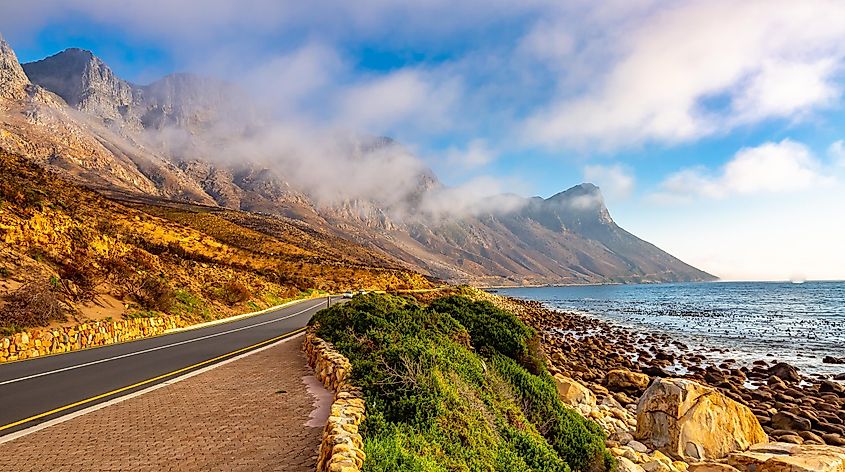
Typically, scenic explorations are confined to relatively small areas. However, South Africa's Garden Route invites travelers to traverse 124 miles of the Western Cape, from the panoramic vistas of Mossel Bay to the rugged village of Storms River. Start your picturesque journey by luxuriating on the St Blaize Trail in Mossel Bay. Afterwards, head to the historic timber town of George to gaze at the characteristic fynbos at the Garden Route Botanical Garden. Experience the best culinary delights in Knysna, especially during the 10-day Oyster Festival in late June. Camp and gallivant across Wilderness National Park for a few nights, then soak in the sea and the sun at Plettenberg Bay. Finally, conclude your adventure at Storms River, where you can zipline through the mountainous Tsitsikamma Forest or hike along the sinuous Otter Trail.
Cederberg Mountains
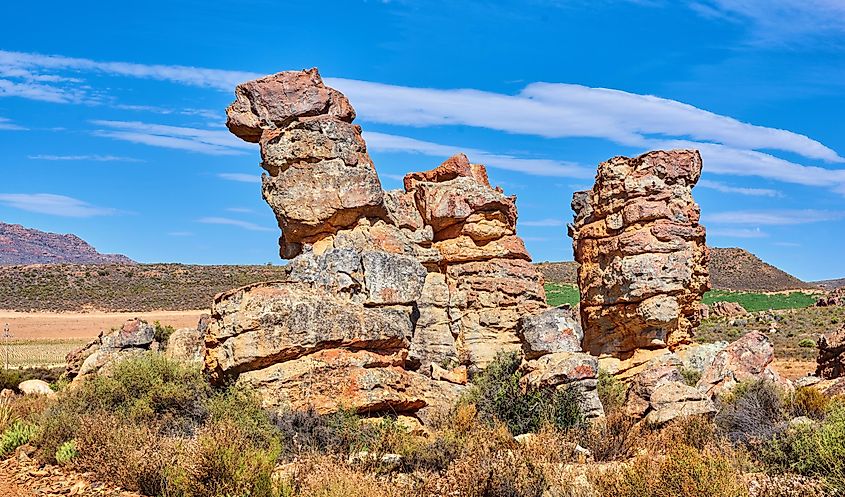
The Cederberg Mountains sit imposingly near the border between the Western Cape and Namaqualand. This rugged and wild terrain was once one of the last refuges of the Bushmen, or San people. Much of their prolific rock and cave paintings endure to tell of the Bushmen’s peaceful existence before European colonizers displaced or wiped them out. Nowadays, tourists flock to the Cederberg Mountains to witness wind-sculpted sandstone formations such as the Maltese Cross and the Wolfberg Arch. Two mountain peaks, Tafelberg and Sneeuberg, offer adrenaline-filled hiking experiences to challenge climbers and boulderers alike. One might be lucky to spot a Cape Mountain leopard, roaming like a spirit among the crags and rocks of the Cederberg Wilderness.
Johannesburg
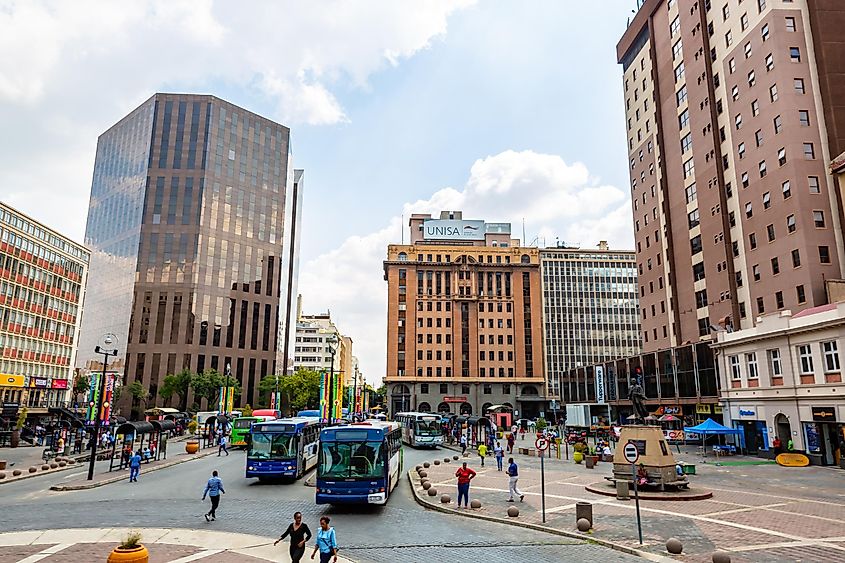
The city of Johannesburg, or "Joburg" as it is locally called, is steeped in history. The Cradle of Humankind, located about thirty miles away from the city and one of 10 UNESCO World Heritage sites in South Africa, is a key site for understanding human evolution. Initially, Joburg was part of the Transvaal, an independent Afrikaner, or Boer, republic, which later became one of the four provinces of South Africa. Today the city is a part of the province of Gauteng, a Sotho word meaning “Place of Gold,” since Johannesburg became central to the collection and mining of alluvial gold in the region. The ideology of racial segregation first became prominent in Johannesburg with the advent of Apartheid. But it was also in the Soweto township, with its troubled history, that anti-Apartheid advocates like Nelson Mandela and Desmond Tutu rose to prominence. Their dwellings and abodes now serve as living museums that commemorate the efforts to dismantle Apartheid.
In Conclusion
South Africa is a land scarred by history and bountiful in indomitable spirit and nature. The multiethnic people carry the lessons of past hardships, including the consequences of extensive diamond and gold mining and the injustices of Apartheid. Yet it is these people, whether they are descendants of European colonizers or belong to native groups such as the Zulu, Sotho, Khoekhoe, San, or other local tribes, who now work diligently to preserve both the region's history and the vibrant safaris and wildlife essential to the African ecosystem. In this compelling land, near where humanity may have first originated, where heroes like Nelson Mandela made their mark, and where some of the most iconic mammals hunt and roam, South Africa stands as a beautiful country worth exploring.
